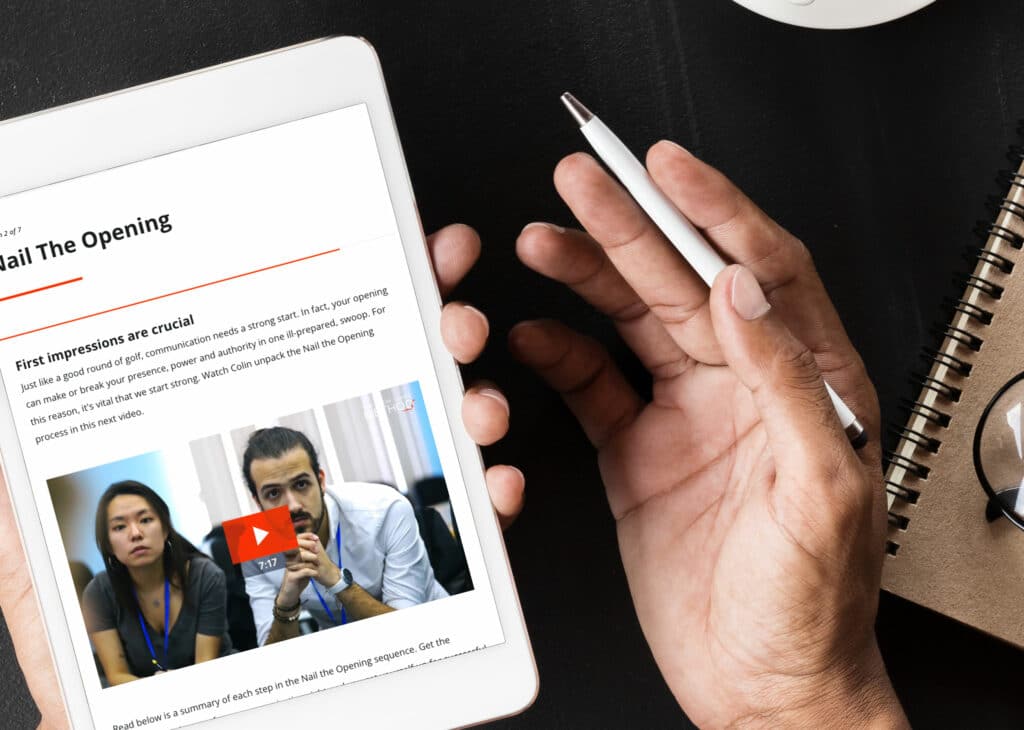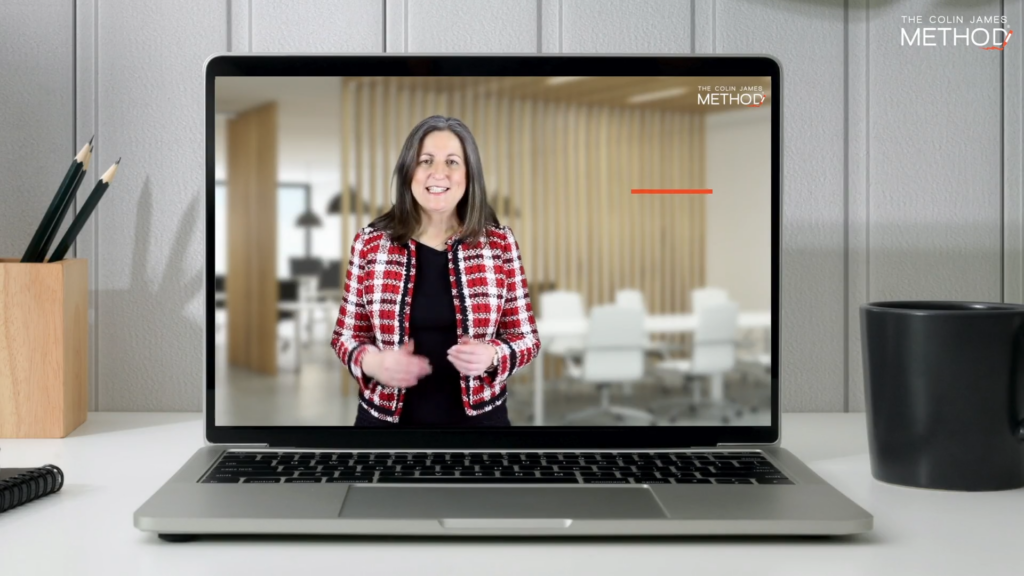While you might be able to teach an old dog some new tricks, learning workplace skills early will boost your career. Graduate competition is fierce, the fact is the right qualifications won’t cut it anymore. Young professionals need to a wide set of skills to get ahead.
So, what foundational skills will make the difference?
Your ability to communicate is high on the priority list. Research shows employers are offering $9k more to graduates with these skills.
You may be thinking, “I have plenty of experience in communication” But this isn’t the same as bluffing an oral presentation at University.
Consider how well you present to an audience? How dynamic are your contributions in team meetings? How well can you provide constructive feedback to others? Even the clarity of your emails matter in a workplace environment.
You might also wonder why effective communication and feedback is so desirable to the workforce?
The answer is simple.
Not only does it engage staff better and reduce turnover, it also enhances productivity.
People are more distracted than ever. Digital technology and overloaded to-do lists seldom leave us time to be in the moment. Professionals who can cut through and capture attention are desirable in the workforce and have a much longer career trajectory in their sights.
Not sure where to start?
If you really want the edge, consider professional communication training.
But here are some simple places to begin:
1. Demonstrate competence and honour the Scout Motto: Be Prepared
Nothing looks more unprofessional than poor preparation. While public speaking can be nerve-wracking, rehearsal and preparation are the best remedies.
Start your research early and gather all the information you need to ensure you hit the mark. Consider how long you want to speak for and practise your delivery out loud. I recommend recording yourself and watching it back for the best insights.
2. Confidence is key! Use your body to communicate the right message
It’s not easy being the newbie around the office, earning the respect of your colleagues can take a while. Even longer if you appear closed off, intimidated or unsure of yourself. This is why body language is an important element to how we communicate.
Want to look confident?
Start by standing tall and pulling back your shoulders. Use your hands when you communicate and always be mindful of direct eye contact. These small adjustments help to reassure those around you of your competency and help build relationships.
3. Rope in your listeners by starting with a story
One thing all great presenters have in common is their ability to draw an audience in with stories. Forget about relaying the data, or drowning your listeners in new content. Grab their attention with a personal narrative and find a way to link it to your key idea. Storytelling can help you be more memorable and engaging.
If you want to start progressing your skills right now, download our free eBook ‘What’s the Story?’ and learn how to utilise stories to climb the professional ladder today.

The Colin James Method® Facilitators train corporate executives to improve their professional communication skills with a proven methodology. Our highly trained Facilitators and Coaches are recognised for their experience in their fields and have worked with many individuals and organisations around the world to master the art of communication.










